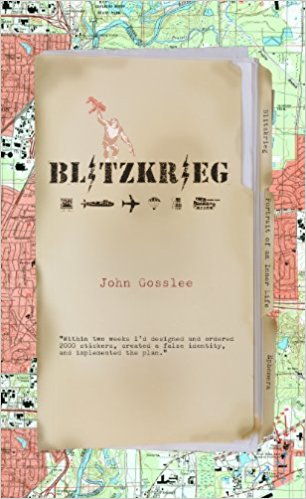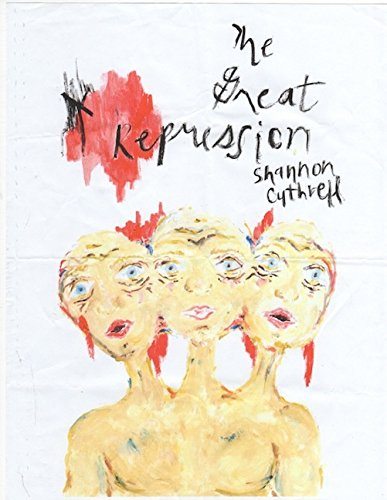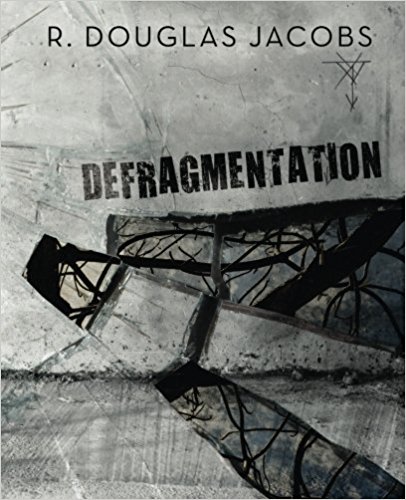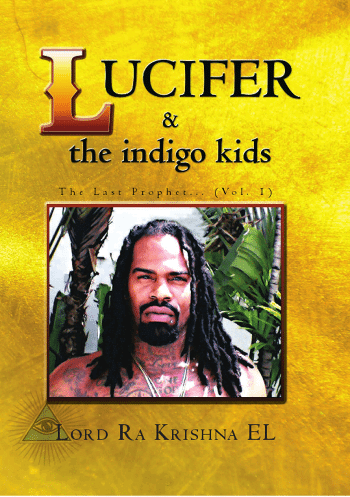Blitzkrieg

$10.00
True to its systematic surrealist departure from predictability, John Gosslee’s second collection of poems, Blitzkrieg, has nothing to do with the Second World War. The opening statement of Gosslee’s luxuriously illustrated chapbook redefines the risky German loanword as “a surprise artistic assault by massed electronic, air, sea and ground forces under close coordination”.
The second part of the collection contains a series of entries that amount to a day by day, blow by blow account of the harrowing difficulties of placing creative writing in a saturated literary market. These are followed by the Nirvanic elation that comes from finally achieving publication. Any aspiring writer will sympathize with the crestfallen defeats, the slings and arrows of outrageous rejection slips, and the first cracks of dawn appearing in the dark night of the soul. Even Nobel-winning laureates have had to contend with seemingly endless rejection at the beginning of their careers. Recently, even confirmed, time-honored authors like Robert Coover have voiced their grappling to remain in the publishing game. So Blitzkrieg is barely a hyperbolic title when you consider what it takes to hold your own as a budding author. Gosslee winsomely takes the editorial struggle to serio-comic, semi-parodic, Dadaist lengths by describing how he printed one of his most memorable poems “Portrait of an Inner Life,” creating sticker art that he disseminated in various cities, going on to place the poem in bottles that he and friends tossed into the rivers of America.
Wisely, the poems that open Gosslee’s collection are less obviously focused on the man who suffers, sublimating pain into the objective correlatives that surrealist imagery provides. T. S. Eliot would have approved of the poems; Robert Lowell would have approved of the confessional diary entries.
The exciting thing about Gosslee’s poems is that you don’t have to turn the page to get to a new sensation or tonality. With each line break you are certain to find either a change of direction, a refreshing image, an energizing verb, or a surreal surprise of the very unpredictable kind. Without the tiredness of formulaic repetition, the poems typically accrue disconnected sense impressions that establish the scene in metonymic shots. Some lines take stylistic risks that usually pay off, making unwieldiness a virtue: “rain drums outdoor restaurant tables / a troupe of lamb, zucchini and cranberries bundle a fork”. Synaesthetic figurative effects claw your senses together at the end of this poem: “cheap perfume strikes like a stray cat on a dumpster rat”
Poems like “I Stop like an Axe Flung into a Tree” could be compared in greatness with Elizabeth Bishop’s “The Moose”. Again, Gosslee’s skill with metonymic details serves him well: “I arrive at the bridge and the shadow leaps / two frightened deer eyes look at me / hooves scuttle towards a highway knoll”.
The poems are uplifting in their capacity to regenerate ugliness and redeem emptiness and negativity. “I Like to Look at Empty Things” and “Portrait of an Inner Life” leave you with an optimistic impression that life is suddener, more various and interesting than we think, as Louis McNeice suggested in his iconic poem “Snow”.
Surrealism suits Gosslee down to the ground. He has an intimate affinity for its defamiliarizing virtues, its leaps and bounds, its unexpected verbs, its strange-bedfellow nouns. Despite this penchant for surrealist fragmentation and collage, however, Gosslee’s poems do not eschew the merits of narrative. “Lorelei” provides a memorable example of a poem that gathers lyrical details only to reveal that they form a narrative that is surprisingly undercut in the punchline. “Silent” also waits to deliver poignancy and meaning in the final line: “an old man on the metro train coughs into a beige handkerchief / he is the first person to look at me all night”. “Rebirth”, my favourite poem, printed on the next page, leaves the solitariness of “Silent” behind, crowding the emptied mind with cosmic movement and stinging the body with its well-honed images: (Quote Here)
| Author | |
|---|---|
| Star Count | 4.5/5 |
| Format | Trade |
| Page Count | 57 pages |
| Publisher | Rain Mountain Press |
| Publish Date | 2013-Nov-01 |
| ISBN | 9780989705110 |
| Bookshop.org | Buy this Book |
| Issue | April 2014 |
| Category | Poetry & Short Stories |
| Share |






Reviews
There are no reviews yet.